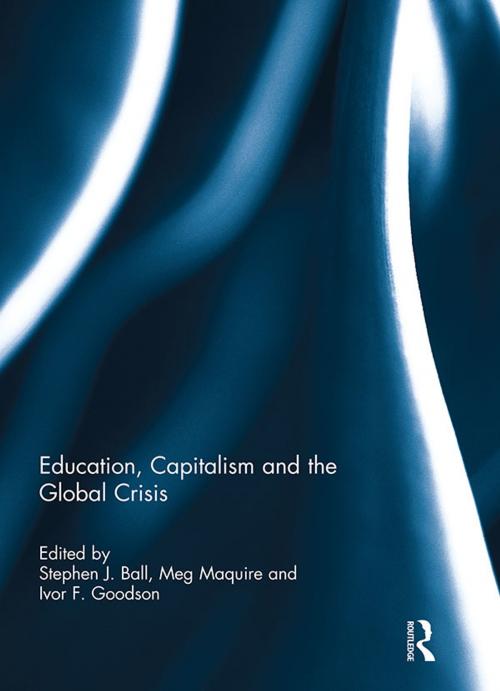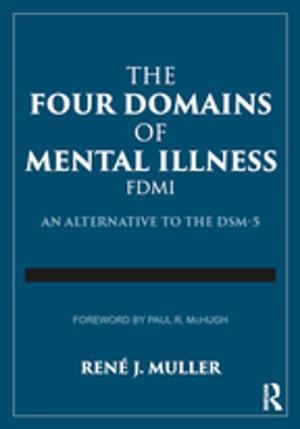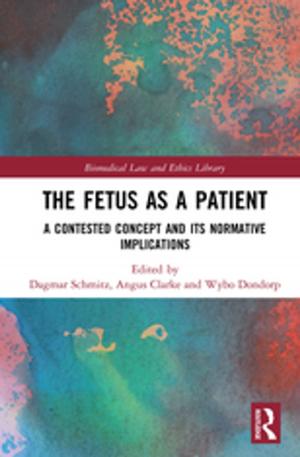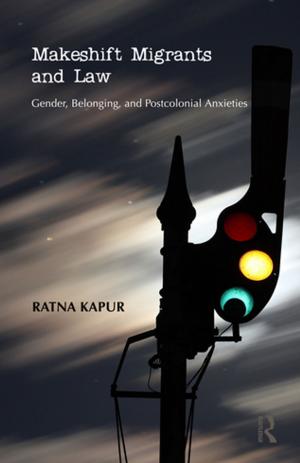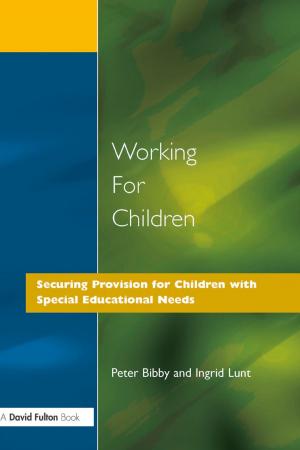Education, Capitalism and the Global Crisis
Nonfiction, Reference & Language, Education & Teaching, Educational Theory, Aims & Objectives| Author: | ISBN: | 9781317978343 | |
| Publisher: | Taylor and Francis | Publication: | July 16, 2014 |
| Imprint: | Routledge | Language: | English |
| Author: | |
| ISBN: | 9781317978343 |
| Publisher: | Taylor and Francis |
| Publication: | July 16, 2014 |
| Imprint: | Routledge |
| Language: | English |
Education, Capitalism and the Global Crisis focuses on Andrew Gamble’s book The Spectre at the Feast and its analysis of the background to, conduct of, and possible consequences and opportunities brought about by, the current global economic crisis. The views expressed represent a range of responses to Gamble’s analysis and examination of the crisis, both in different locations and from different perspectives. They reflect upon the broader social, political and even emotional dimensions of what is taking place as well as trying to understand the true nature of the crisis.
What is key is how the state sets about ‘managing’ this crisis. The authors seek to answer a wide range of pertinent questions, such as: to what degree will the state continue to balance between economic and fiscal management as against the needs of the weak and vulnerable? What should be and what is the role of state welfarism in a time of recession? How will different nation states respond to this crisis? What is the role of education policy in these complicated times? What is the role of the education state?
This book was originally published as a special issue of the Journal of Education Policy.
Education, Capitalism and the Global Crisis focuses on Andrew Gamble’s book The Spectre at the Feast and its analysis of the background to, conduct of, and possible consequences and opportunities brought about by, the current global economic crisis. The views expressed represent a range of responses to Gamble’s analysis and examination of the crisis, both in different locations and from different perspectives. They reflect upon the broader social, political and even emotional dimensions of what is taking place as well as trying to understand the true nature of the crisis.
What is key is how the state sets about ‘managing’ this crisis. The authors seek to answer a wide range of pertinent questions, such as: to what degree will the state continue to balance between economic and fiscal management as against the needs of the weak and vulnerable? What should be and what is the role of state welfarism in a time of recession? How will different nation states respond to this crisis? What is the role of education policy in these complicated times? What is the role of the education state?
This book was originally published as a special issue of the Journal of Education Policy.
